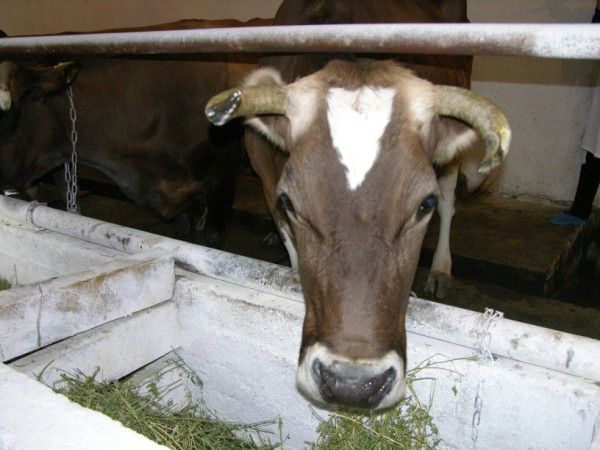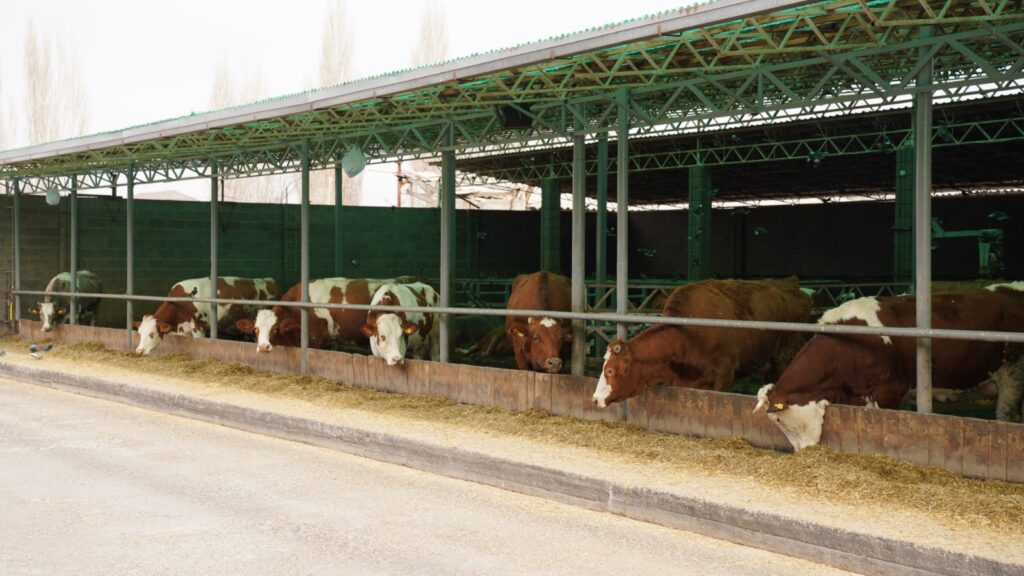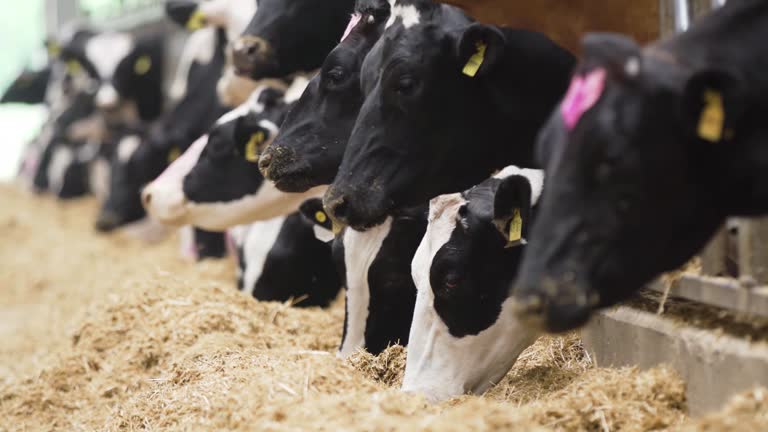NUR-SULTAN (TCA) — The World Bank and the Ministry of Agriculture of Kazakhstan on November 14 publicly discussed the details of the proposed Sustainable Livestock Development Project aimed at facilitating the development of an environmentally sustainable, inclusive and competitive livestock sector in Kazakhstan, the World Bank said.
At the request of the Government of Kazakhstan, the World Bank Group, jointly with the Ministry of Agriculture, is preparing the Kazakhstan Sustainable Livestock Development Program for 2020-2024.
“An interactive and transparent discussion is very important for the World Bank and the Ministry of Agriculture of Kazakhstan to design a successful and inclusive Program,” says Jean Francois Marteau, World Bank Country Manager for Kazakhstan. “We stand ready to support Kazakhstan in achieving its objectives to become a key regional player in high-value meat export markets, and to support an increase in the number of farmers involved in this business.”
The proposed Livestock Development Project aims to contribute to the diversification of Kazakhstan’s exports away from minerals and oil. It also aims to boost private sector growth and support development in rural areas. Finally, it will contribute to increasing agriculture productivity by improving the use of Kazakhstan’s vast pasture and grassland resource potential.
“The proposed Program for Livestock Development supports the Government’s State Program for Agro-Industrial Complex Development and the National Program for Livestock Development. The Program would focus on those results and objectives that are fundamental to the livestock sector development with the objective of increasing the competitiveness of the export-oriented meat value chains,” says Gulmira Isayeva, Vice-minister of Agriculture of Kazakhstan.
The total amount of the loan will be up to $500 million. The World Bank proposes the use of the Program-for-Results tool — a financing instrument that links the disbursement of funds directly to the achievement of specific program results. This tool will also help to support government programs and utilize the World Bank’s expertise. The expected results include improvement of livestock traceability, better farming practices, and sector development that limits carbon emissions.
Representatives of the private sector, associations, unions, think tanks, media and civil society took part in the public consultation. The objective of the consultation was to inform stakeholders and allow for an open discussion and exchange of ideas around the implementation of the project, including its environmental and social assessment aspects.







